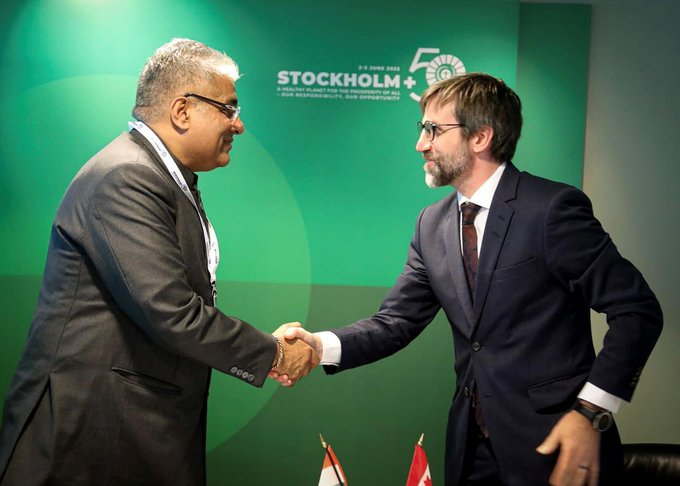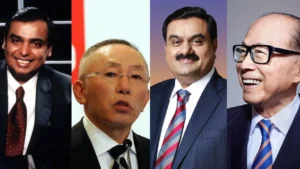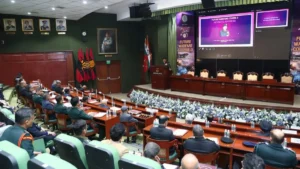India and Canada have signed a memorandum of understanding to strengthen bilateral collaboration on climate change, environmental preservation, and conservation. On the sidelines of the Stockholm+50 summit, Union Environment Minister Bhupender Yadav and his Canadian colleague Steven Guilbeault signed a Memorandum of Understanding (MoU).
Buy Prime Test Series for all Banking, SSC, Insurance & other exams
Key Points:
- The gathering is being hosted to honour the 50th anniversary of the Stockholm Summit, the world’s first environmental conference.
- Under the terms of the agreement, the two countries will work together, share information and expertise, and support each other’s goals in a variety of areas, including increasing renewable energy capacity, decarbonizing heavy industries, reducing plastic pollution, promoting chemical safety, and ensuring sustainable consumption.
About Stockholm+50 summit:
The Stockholm+50 Summit, which will take place in Stockholm in June 2022, will bring together leaders of state and government to commemorate the 50th anniversary of the Stockholm Conference. This summit, which is based on the Decade of Action, comes after months of deliberations and talks with governments, organizations, and civil society participants.




 Which is the Largest House in the World?...
Which is the Largest House in the World?...
 Who is the Richest Man in Asia in 2026? ...
Who is the Richest Man in Asia in 2026? ...
 Third Edition of Future Warfare Course L...
Third Edition of Future Warfare Course L...








